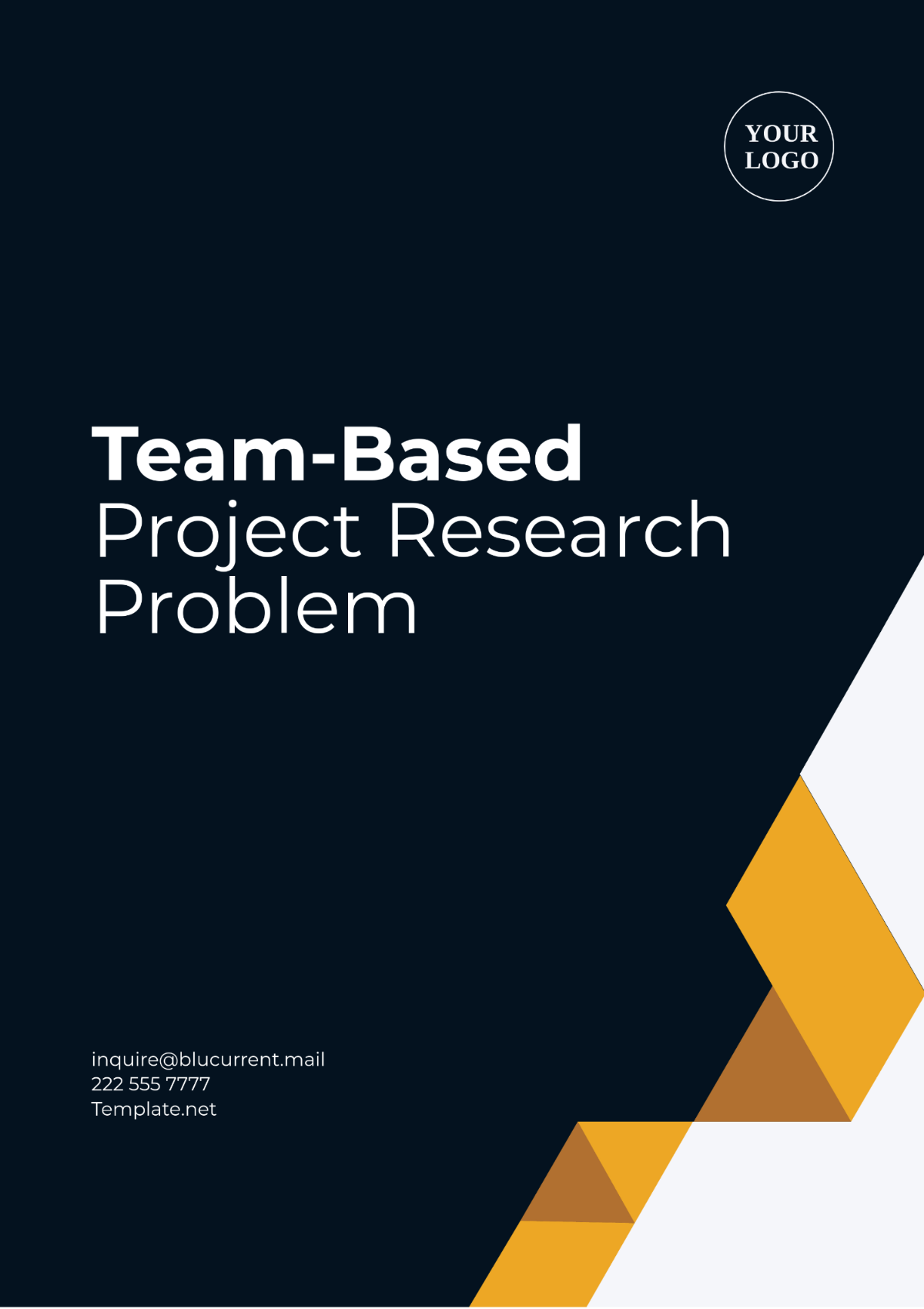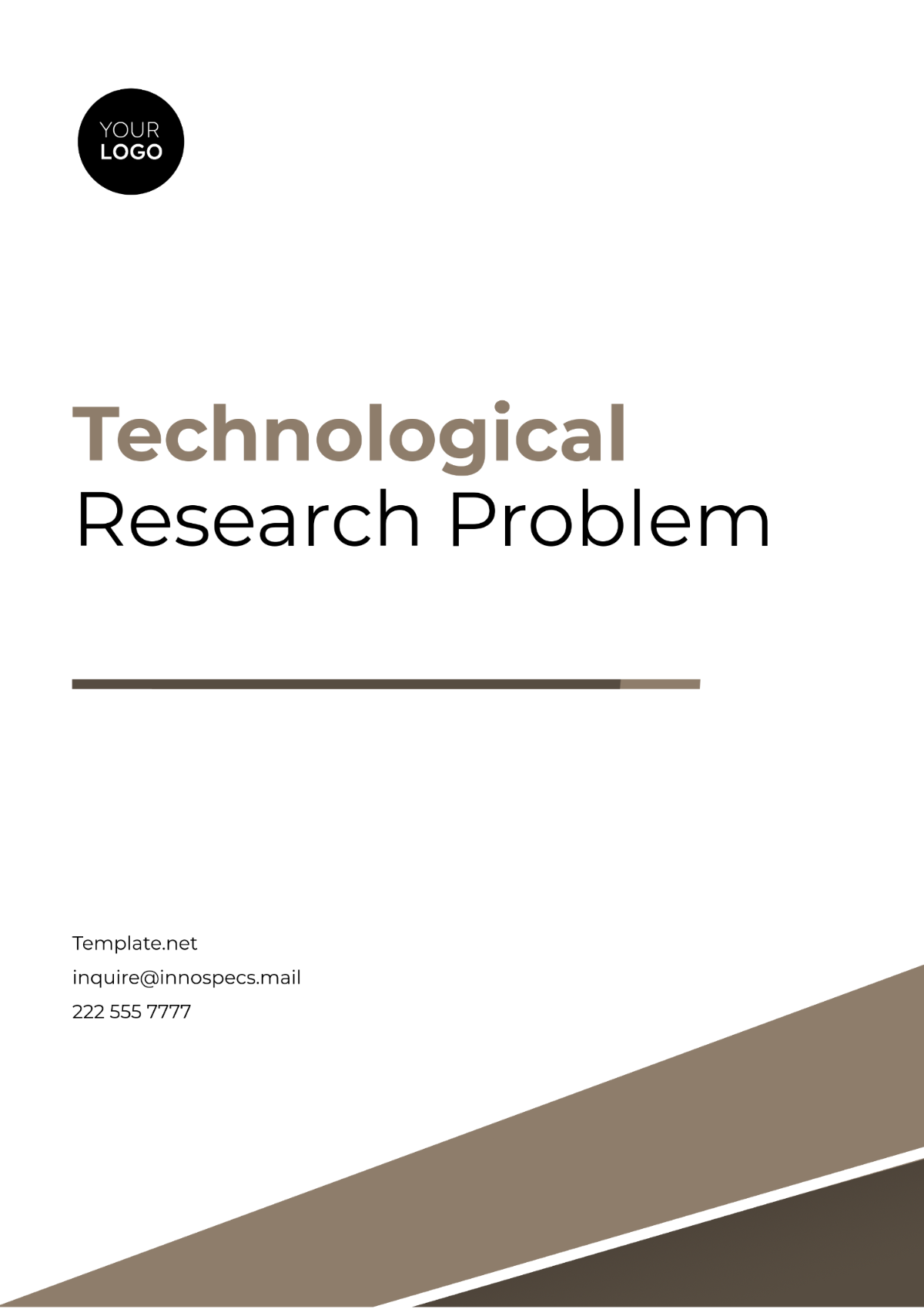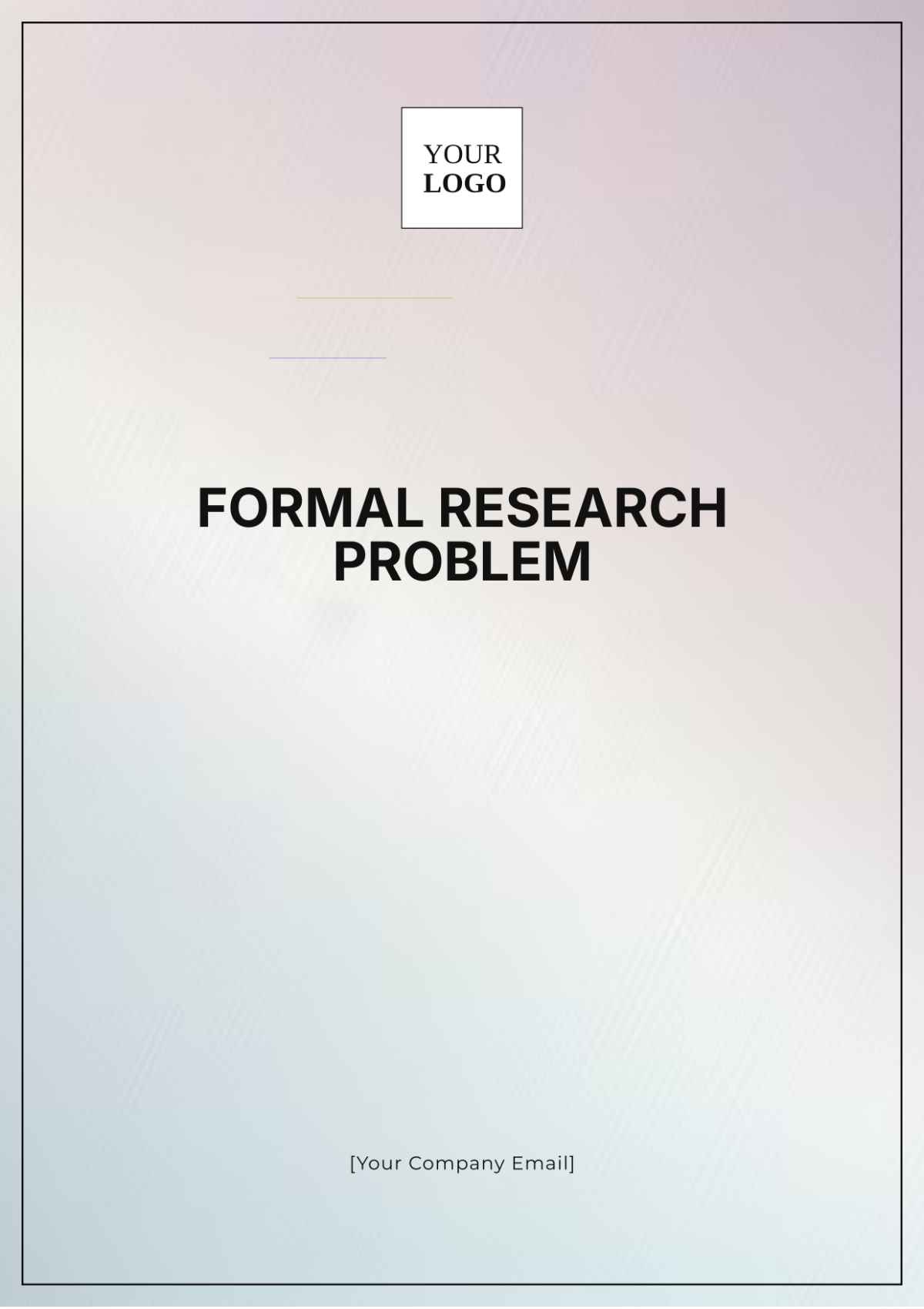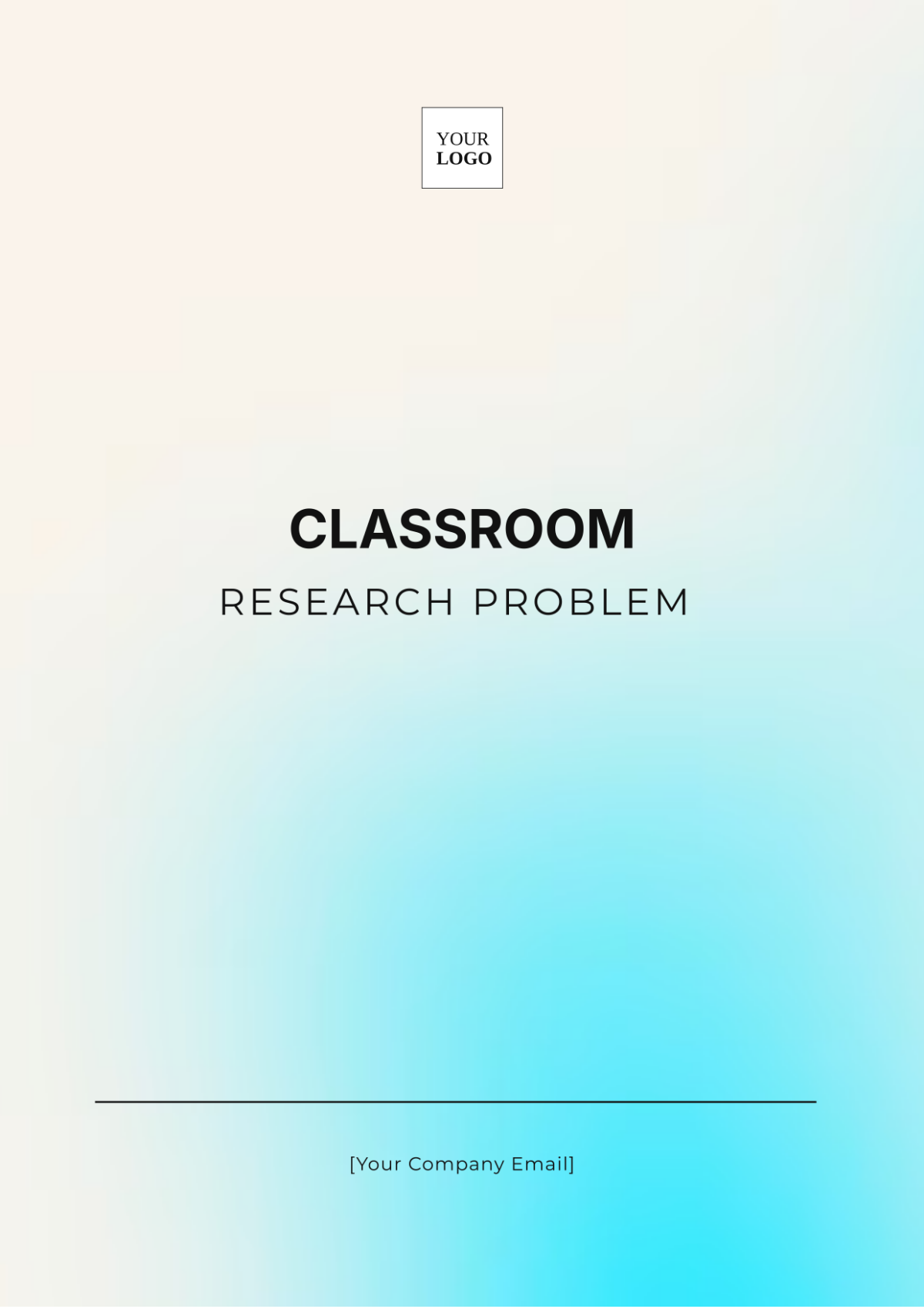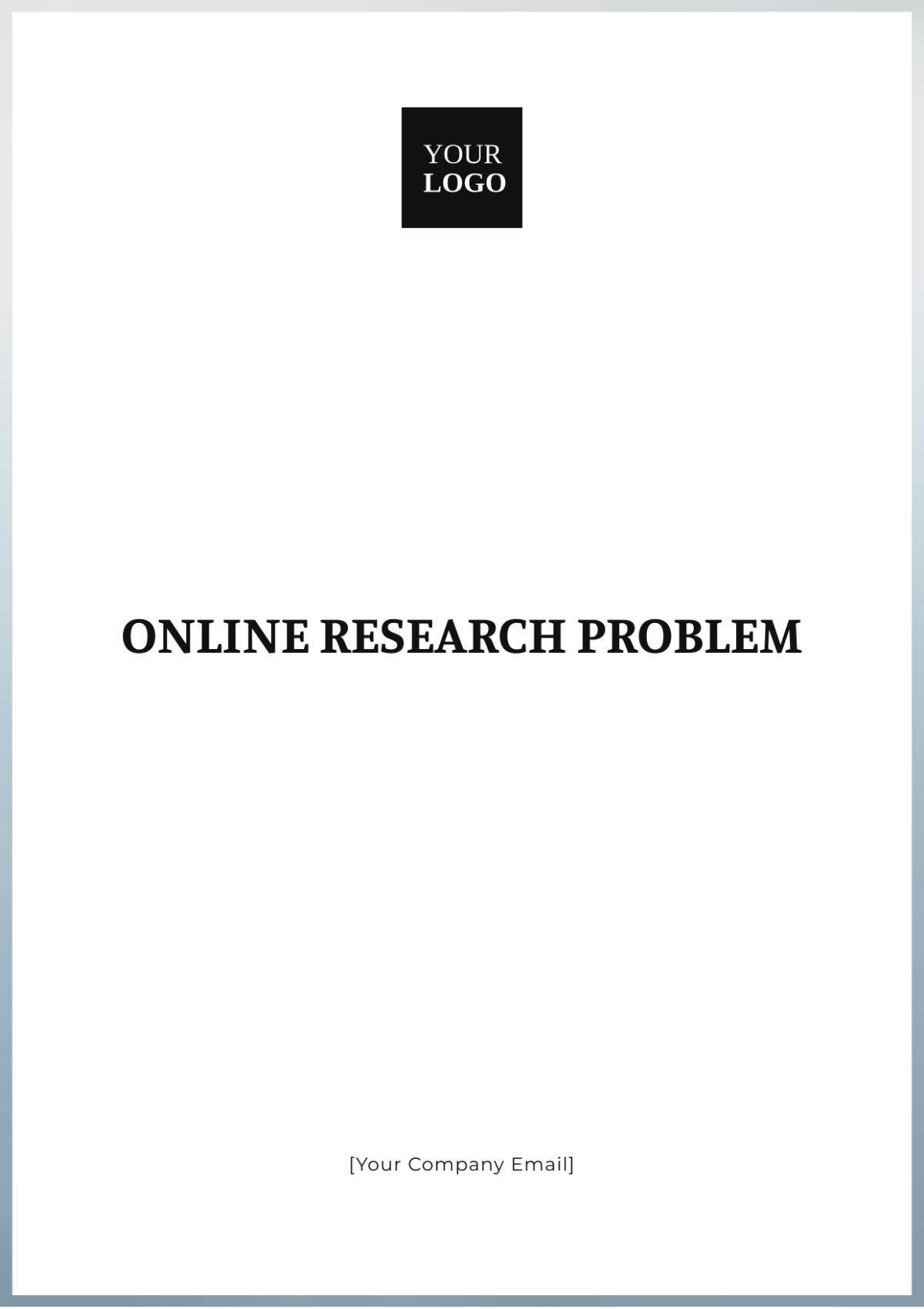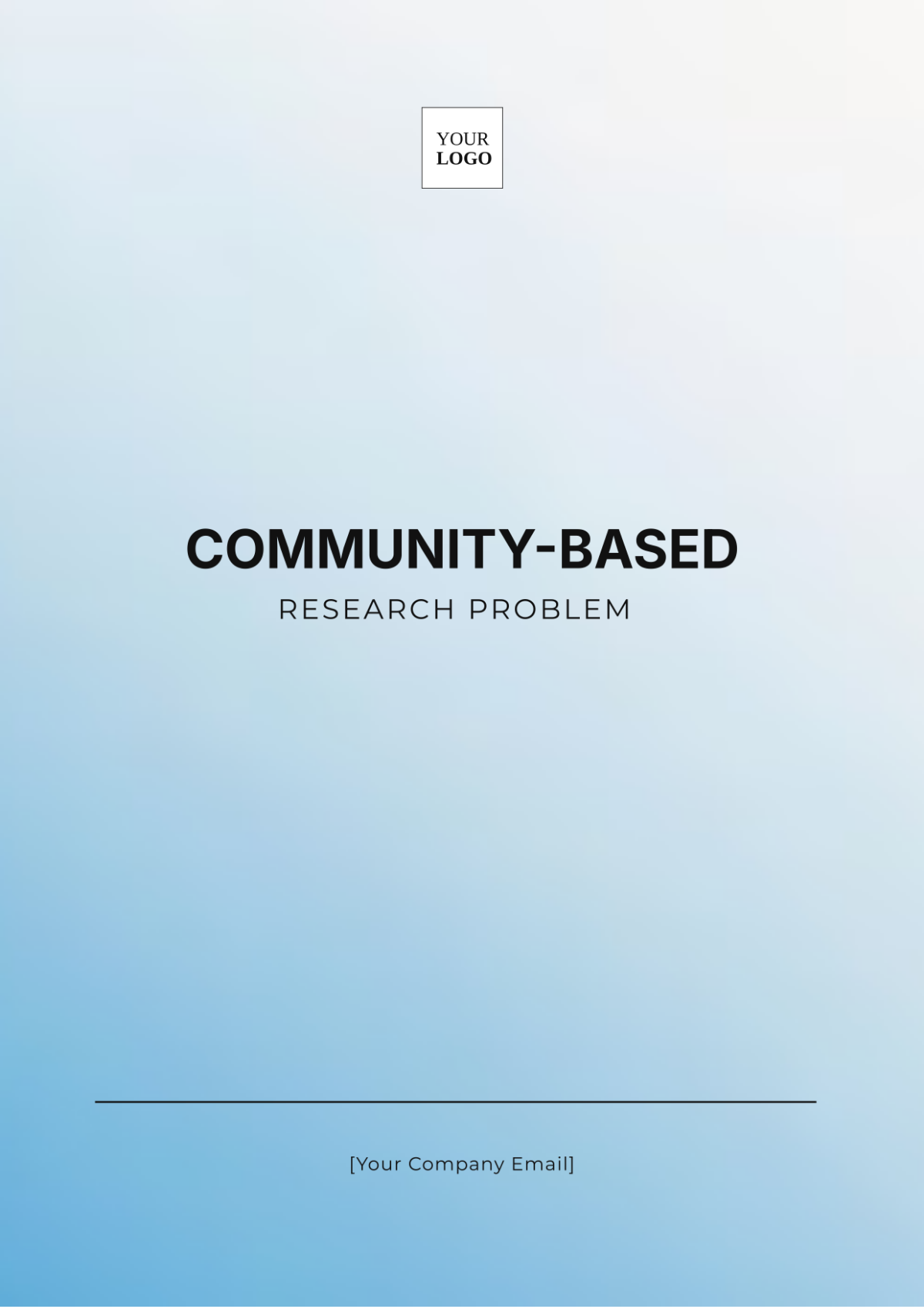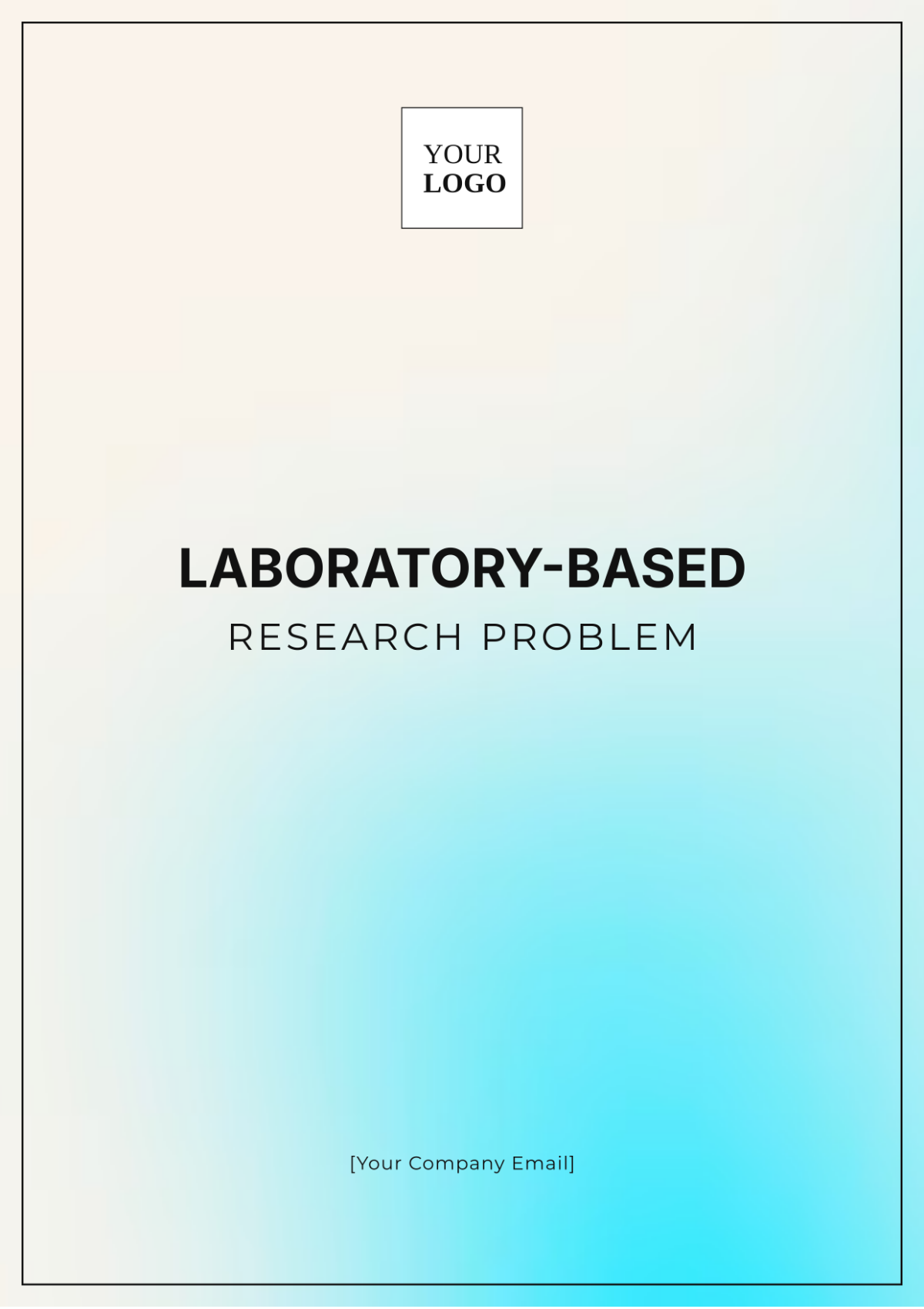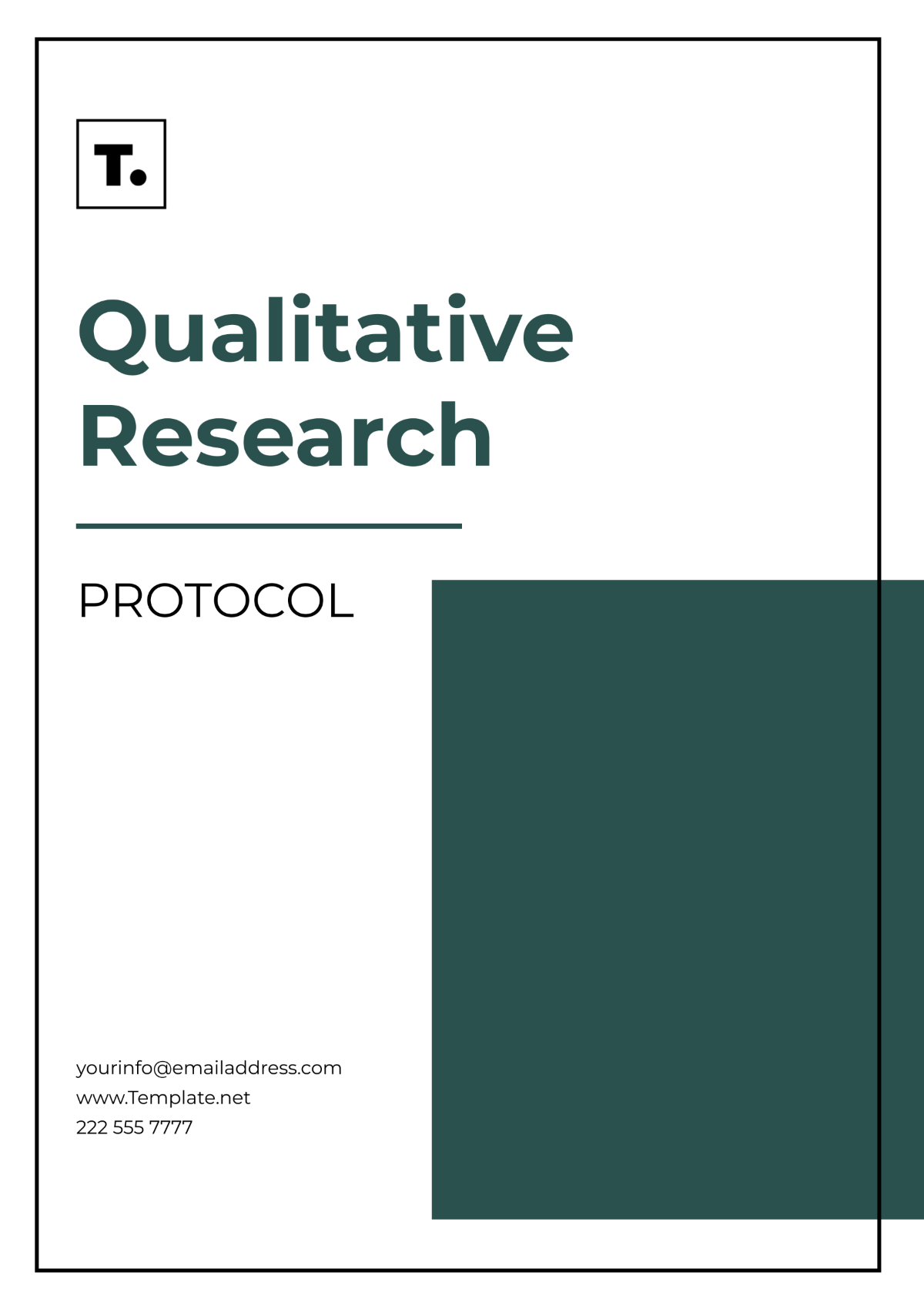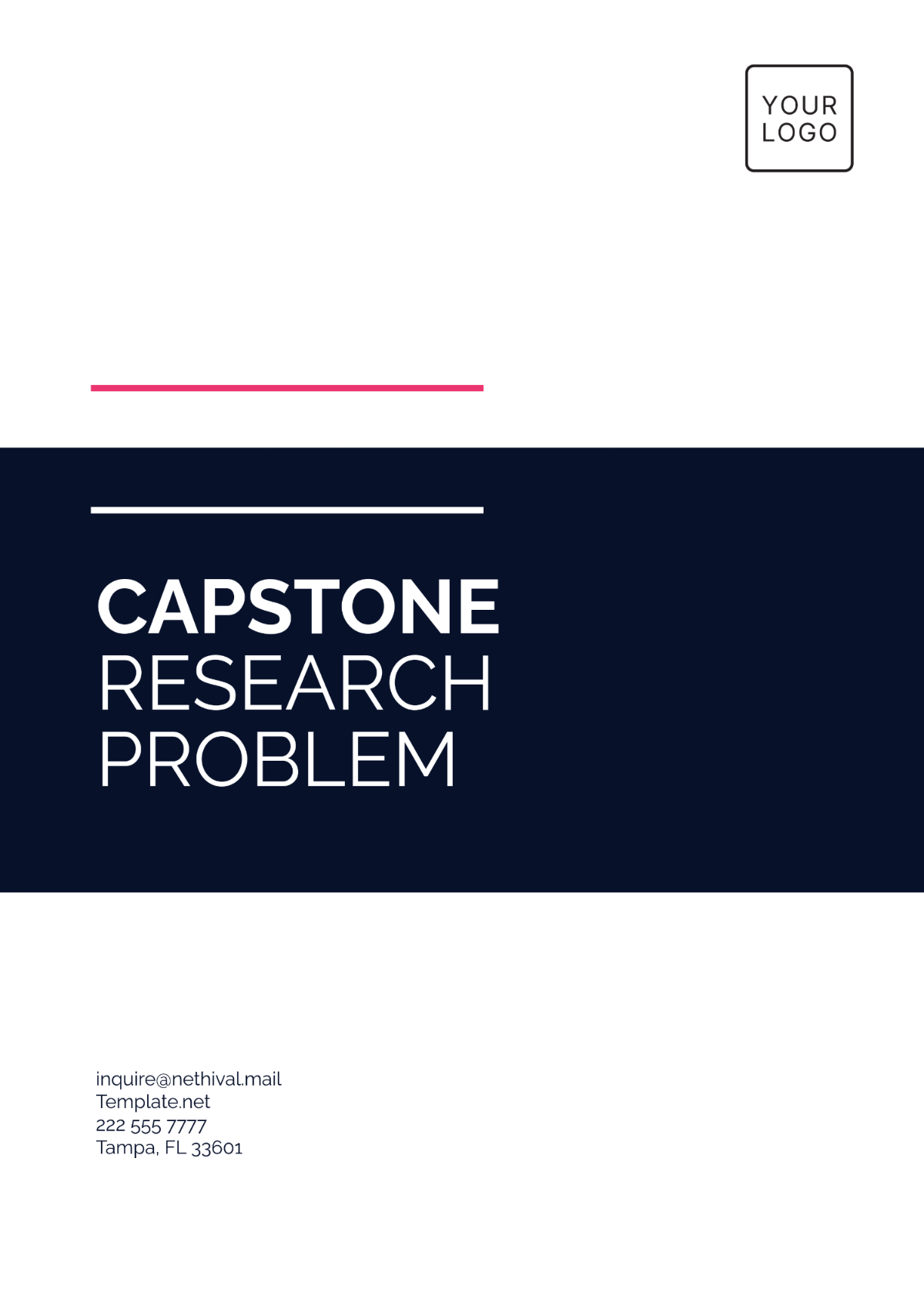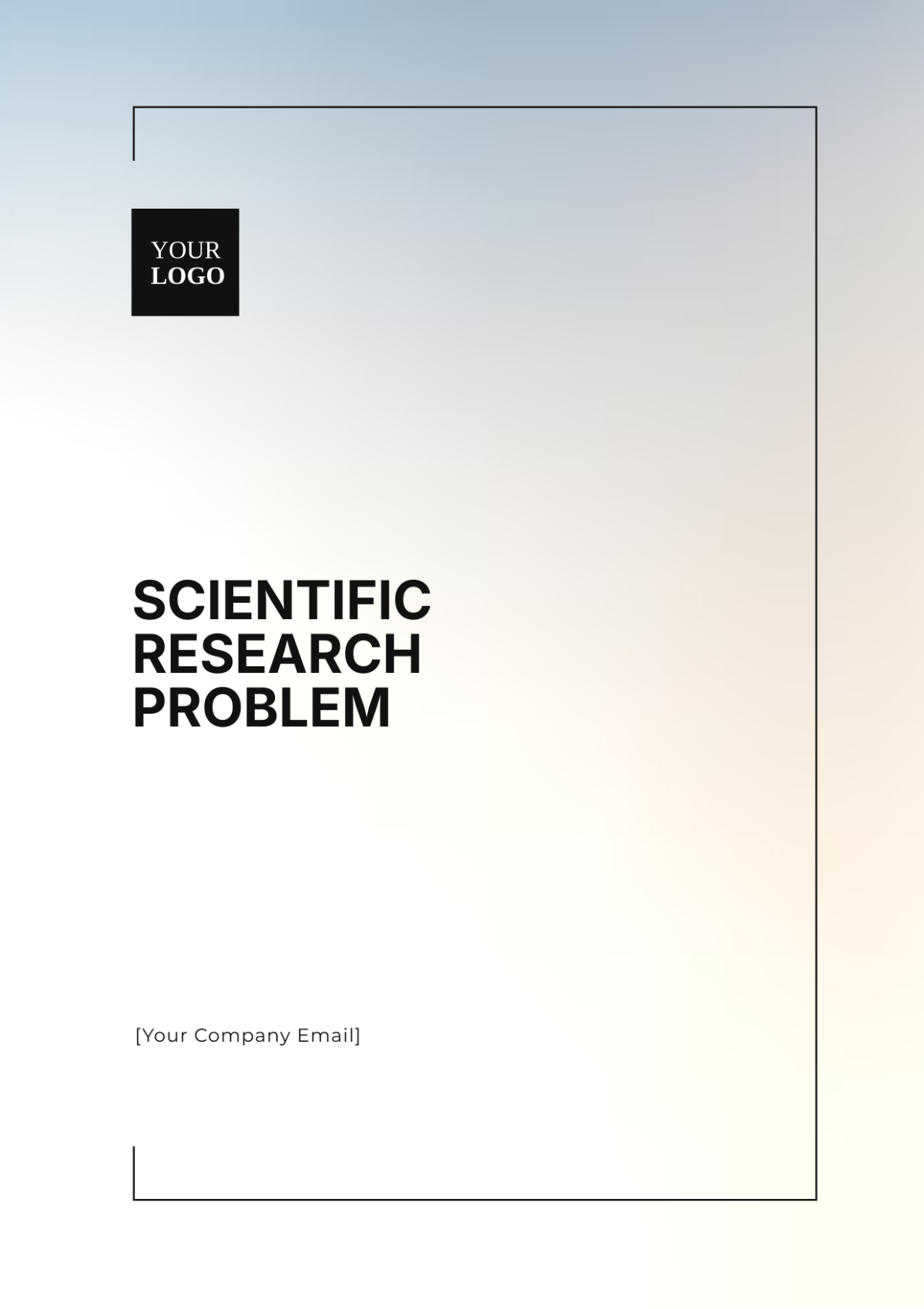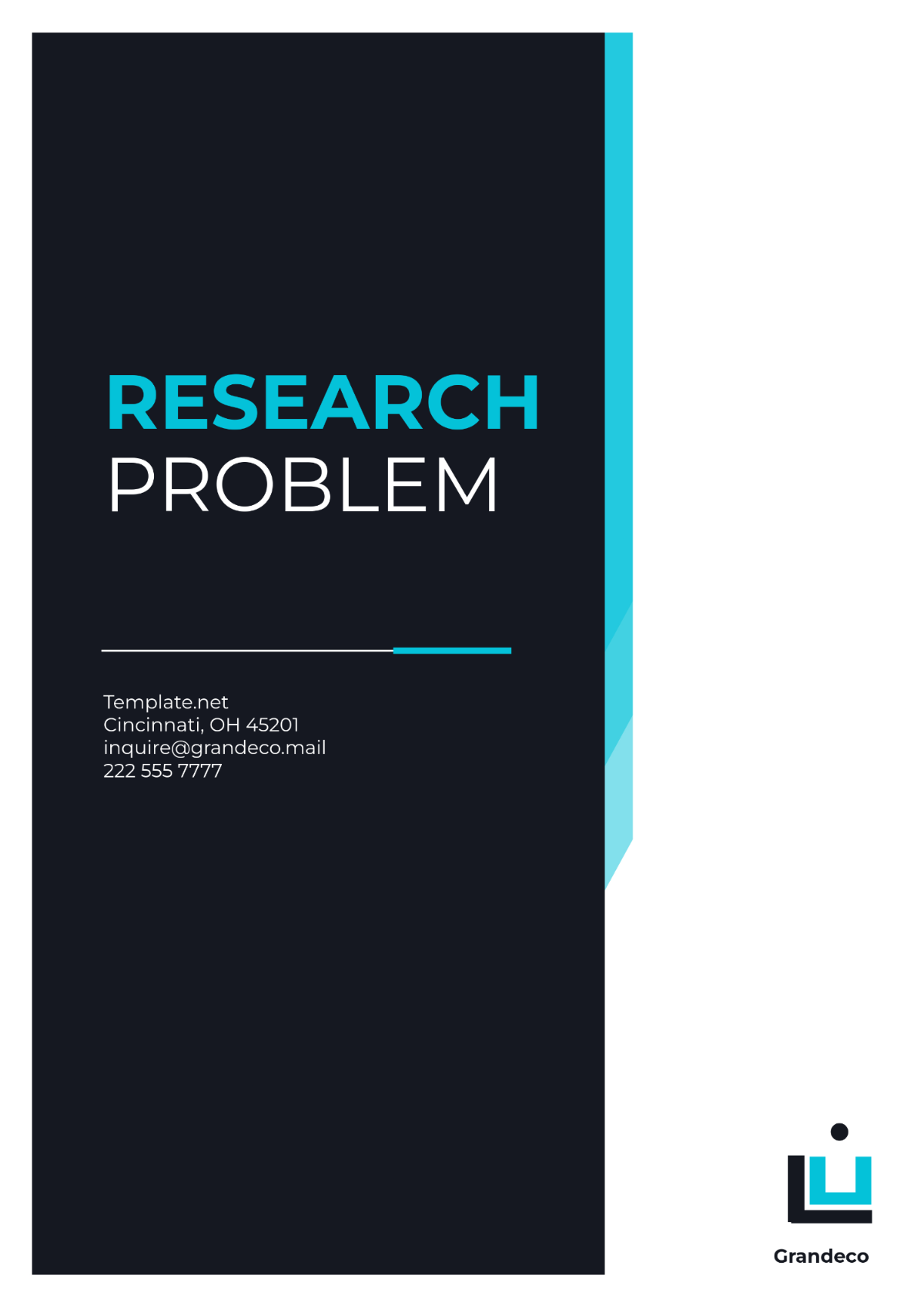Team-Based Project Research Problem
Introduction
Context: In the wake of increased remote work, many organizations are struggling with effective team collaboration. Traditional communication tools often fall short in addressing the nuances of remote teamwork, such as real-time feedback and task management.
Rationale: Despite the widespread adoption of remote work tools, teams still face challenges in maintaining productivity and communication. AI-powered tools have the potential to enhance collaboration by providing real-time insights and automating routine tasks.
Objectives
Primary Objective: To evaluate the effectiveness of AI-powered tools in improving collaboration among remote teams.
Secondary Objectives:
Assess user satisfaction and productivity improvements.
Identify key features that contribute to successful remote collaboration.
Provide recommendations for integrating AI tools into existing remote work practices.
Research Questions
Main Research Question: How do AI-powered tools impact the effectiveness of collaboration among remote teams?
Sub-Questions:
What specific features of AI tools are most beneficial for remote teams?
How do these tools affect team productivity and communication?
What challenges or limitations are associated with the use of AI tools in a remote work setting?
Methodology
Research Design: Mixed methods approach combining qualitative and quantitative research.
Data Collection Methods:
Surveys: Distribute surveys to remote team members using AI-powered tools to collect data on their experiences and satisfaction.
Interviews: Conduct in-depth interviews with team leaders and IT managers to gather qualitative insights.
Case Studies: Analyze case studies of organizations that have successfully implemented AI tools for remote collaboration.
Data Analysis:
Quantitative Analysis: Use statistical methods to analyze survey data and measure changes in productivity.
Qualitative Analysis: Apply thematic analysis to interview transcripts and case studies to identify common themes and insights.
Timeline:
Month 1: Design and pilot surveys and interview protocols.
Month 2-3: Conduct data collection (surveys and interviews).
Month 4: Analyze data and compile findings.
Month 5: Develop recommendations and prepare a final report.
Expected Outcomes
Results: The research is expected to reveal how AI-powered tools can enhance remote team collaboration, highlighting specific features that improve communication and productivity.
Impact: The findings will provide actionable recommendations for organizations seeking to optimize their remote work practices through AI tools, potentially leading to more effective and engaged remote teams.
Budget and Resources
Budget:
Survey Software: $500
Interview Transcription Services: $300
Data Analysis Software: $700
Miscellaneous Costs: $200
Total Estimated Budget: $1,700
Resources:
Access to AI-powered collaboration tools
Data analysis software (e.g., SPSS, NVivo)
Survey and interview platforms (e.g., SurveyMonkey, Zoom)
Risks and Mitigations
Potential Risks:
Low survey response rate.
Difficulty accessing key participants for interviews.
Mitigation Strategies:
Offer incentives for survey participation to increase response rates.
Schedule interviews in advance and provide flexible time slots to accommodate participants’ schedules.
Team Members
Project Lead: Oversees the research project, coordinates team efforts and manages the budget.
Data Analyst: Responsible for analyzing survey and interview data.
Research Coordinator: Manages data collection, including survey distribution and interview scheduling.
Technical Specialist: Provides expertise on AI tools and supports technical aspects of the research.
References
Smith, J. (2053). The Future of Remote Work: Trends and Technologies. Tech Innovations Publishing.
Brown, E., & Green, R. (2051). “AI in Team Collaboration: Case Studies and Insights.” Journal of Remote Work Studies, 15(2), 45-60.

















